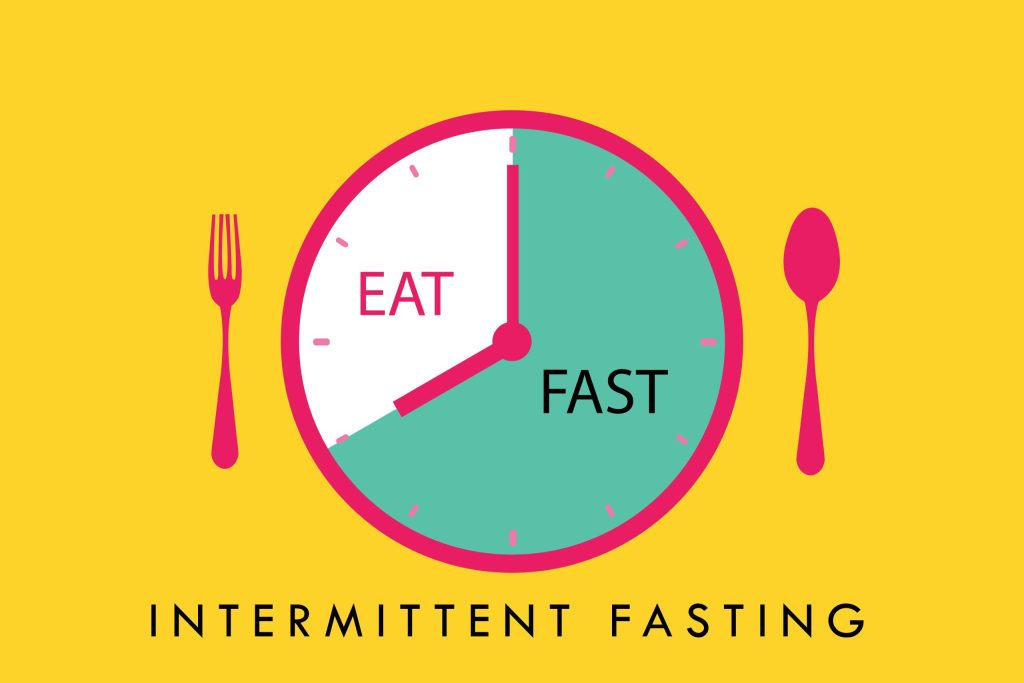If you’ve ever tried to lose weight, you know how overwhelming it can be to choose a program that actually works—and that you can stick with. Between the flashy Instagram testimonials, the celebrity-endorsed shakes, and the constant stream of “miracle” diets, the weight loss industry is a maze. But not all programs are created equal.
As we move through 2025, it’s clear that the most effective weight loss programs are the ones grounded in science, personalization, and long-term sustainability. Gone are the days of one-size-fits-all. Today’s best options combine behavioral psychology, nutritional flexibility, and technology to guide users toward meaningful and lasting results.
In this post, we break down seven of the most effective weight loss programs in 2025, analyzing what makes them work, who they’re best for, and how much you can realistically expect to lose. Whether you’re trying to drop a few pounds or make a major transformation, one of these might be the right fit for you.
1. Noom: The Psychology-Backed Weight Loss App
Noom continues to dominate the digital weight loss space, and in 2025 it has only gotten smarter. What sets Noom apart is its focus on behavioral change rather than just calorie counting. The app combines food logging with short daily lessons rooted in cognitive behavioral therapy (CBT), aiming to rewire your thinking around food, habits, and body image.
The results speak for themselves. A 2022 study published in Scientific Reports found that 77% of Noom users lost weight, with a significant number maintaining that loss for over a year. In 2025, its AI coach has improved drastically, offering more tailored feedback and suggesting grocery items based on your regional availability.
Who’s it for? Noom is ideal for people who struggle with emotional eating or need a mindset shift. If you’re ready to learn why you overeat—and how to stop—this one’s for you.
2. WW (Formerly Weight Watchers): The OG That Keeps Evolving
Weight Watchers rebranded as WW to highlight wellness beyond the scale, and it’s still one of the most trusted names in weight loss. In 2025, WW uses a personalized points system, AI-powered food tracking, and weekly virtual coaching to support users.
A recent analysis from the Journal of Obesity indicated that WW participants lost 8% more weight over 6 months compared to people following a standard diet. The program’s flexibility allows you to enjoy your favorite foods while staying within your daily points—great for people who don’t want to feel restricted.
WW also now includes mindfulness modules and sleep tracking, recognizing that weight loss isn’t just about diet but the whole lifestyle.
This program is perfect for people who want flexibility and community support, with a little accountability built in.
3. Intermittent Fasting: Simplicity with Science on Its Side
Intermittent fasting isn’t a program per se, but its popularity has led to structured apps and coaching platforms. In 2025, platforms like Zero and DoFasting guide users through scientifically backed fasting windows—like 16:8 or 5:2 methods—making fasting more manageable and personalized.
Research published in The New England Journal of Medicine shows that intermittent fasting can improve metabolic health, reduce inflammation, and support fat loss, even without intense calorie restriction.
The beauty of intermittent fasting is its simplicity. There’s no complex meal planning—just eating within a specific time frame. It works well for people who find calorie counting tedious or struggle with portion control.
However, it’s not ideal for everyone. Those with blood sugar sensitivities or a history of disordered eating should consult a professional before trying this approach.
4. The Mayo Clinic Diet: Clinically Respected and Results-Oriented
In a world of trends, the Mayo Clinic Diet remains refreshingly grounded. Updated for 2025, this plan encourages a lifelong shift in eating and exercise habits, based on solid medical research.
The program is divided into two phases: “Lose It!” and “Live It!” In the first, participants focus on rapid but safe weight loss by eliminating five unhealthy habits and adding five healthy ones. The second phase reinforces the new behaviors for long-term success.
What’s unique is its emphasis on nutrient density over calorie obsession. The Mayo Clinic reports that most participants lose 6 to 10 pounds in the first two weeks, followed by 1 to 2 pounds per week.
The program suits individuals looking for a steady, health-focused approach, especially those concerned about heart health and diabetes.
5. Found: Weight Loss Backed by Medical Experts
The Found program, gaining popularity in 2025, offers a hybrid model of telemedicine, coaching, and medication (when needed). Unlike fad diets, Found assesses your medical history and biology before recommending a path forward.
This personalization is game-changing. For people struggling with hormonal imbalances, PCOS, or other metabolic issues, Found integrates FDA-approved weight-loss medications with behavior change strategies.
A 2024 user study revealed that participants lost an average of 15% of their body weight over 12 months, with improved metabolic markers and sustained loss.
Found is ideal for those who’ve tried “everything” and suspect there’s a medical component to their weight challenges.
6. Mediterranean Diet: The Timeless Champion of Heart and Weight Health
The Mediterranean diet consistently ranks as one of the healthiest ways to eat—and for good reason. In 2025, it’s still at the top of the list, supported by decades of clinical research.
Based on the traditional eating patterns of Greece, Italy, and Spain, this diet emphasizes fruits, vegetables, whole grains, lean proteins (especially fish), and healthy fats like olive oil.
A landmark 2023 meta-analysis found that people following a Mediterranean-style diet experienced greater weight loss, lower cardiovascular risk, and reduced inflammation markers compared to those on low-fat or low-carb diets.
This approach isn’t restrictive, making it easier to stick with long-term. It’s a great fit for those who value flavorful meals, wine in moderation, and an overall lifestyle rather than a temporary diet.
7. Precision Nutrition: Coaching + Data = Long-Term Change
Precision Nutrition stands out in 2025 as a coaching-first model that focuses on habit formation, body cues, and realistic goal setting. It’s used by athletes and everyday people alike, thanks to its deep understanding of how lifestyle, genetics, and psychology intersect.
Rather than giving you a strict meal plan, Precision Nutrition assigns a certified coach who helps you change one habit at a time. Whether it’s eating slowly, staying hydrated, or prioritizing protein, these micro-changes add up over time.
According to PN’s internal research, over 85% of clients maintain their weight loss two years post-program, which is incredibly rare in the weight-loss world.
If you want a program that values education, self-awareness, and holistic health, this might be your best bet.
Final Thoughts: The Best Program Is the One You’ll Stick With
While all seven of these weight loss programs have proven track records, there’s no one-size-fits-all answer. What works for your best friend may leave you feeling frustrated. The key is to match a program to your goals, lifestyle, preferences, and even medical history.
If you love structure and accountability, WW or Noom might be a win. Prefer science-backed simplicity? Intermittent fasting or the Mediterranean diet could be your answer. Need medical support? Found has your back.
Weight loss isn’t just about the number on the scale. It’s about building habits that last, improving energy, boosting mental health, and feeling good in your skin. Whichever path you choose, aim for progress—not perfection.
And remember: slow, sustainable change always beats fast, temporary results. In 2025, we have more tools, knowledge, and support systems than ever before to help you succeed.
Let this year be the one you stop dieting and start living better.






Leave a Reply